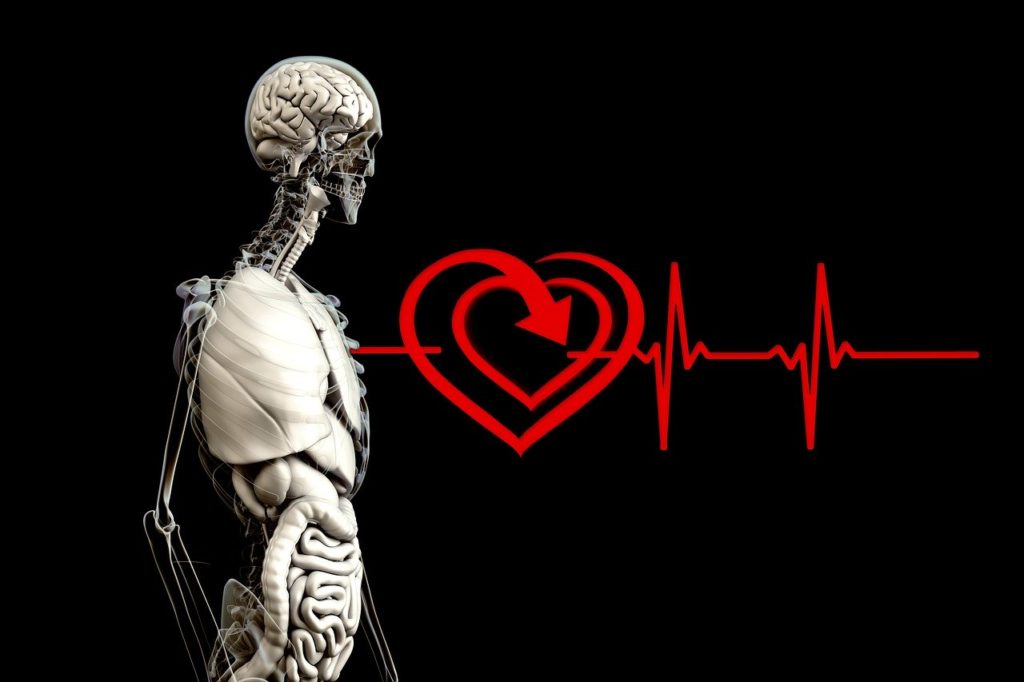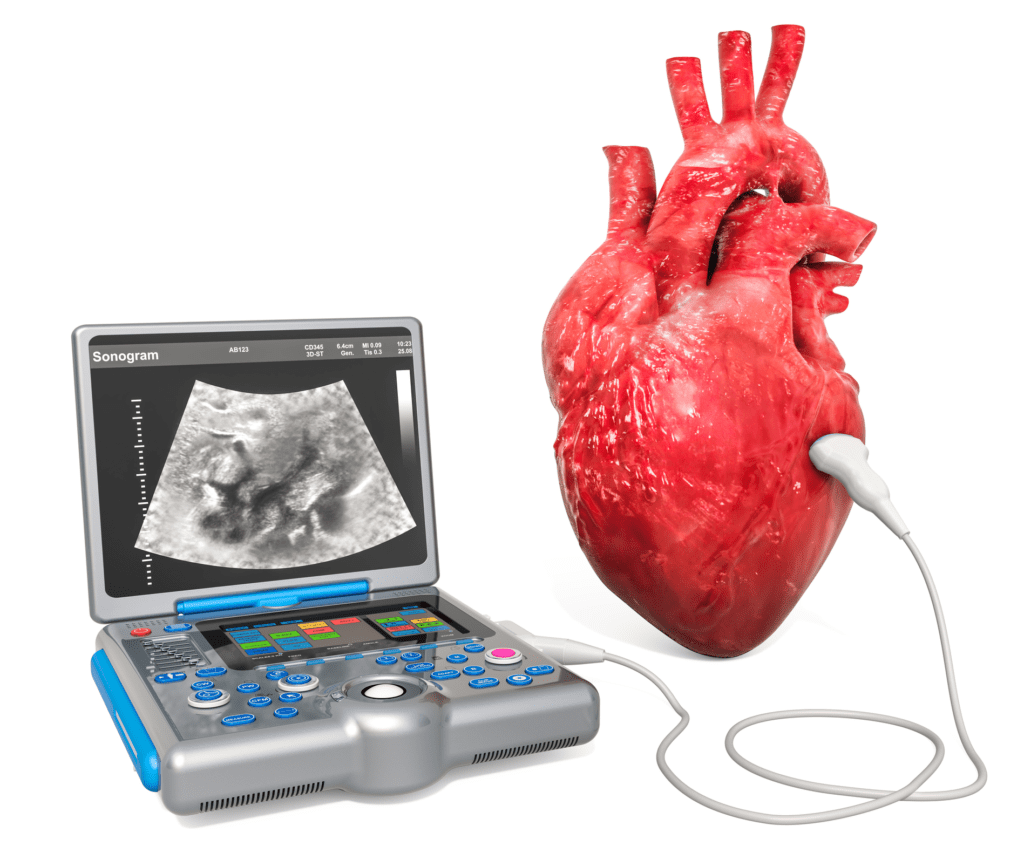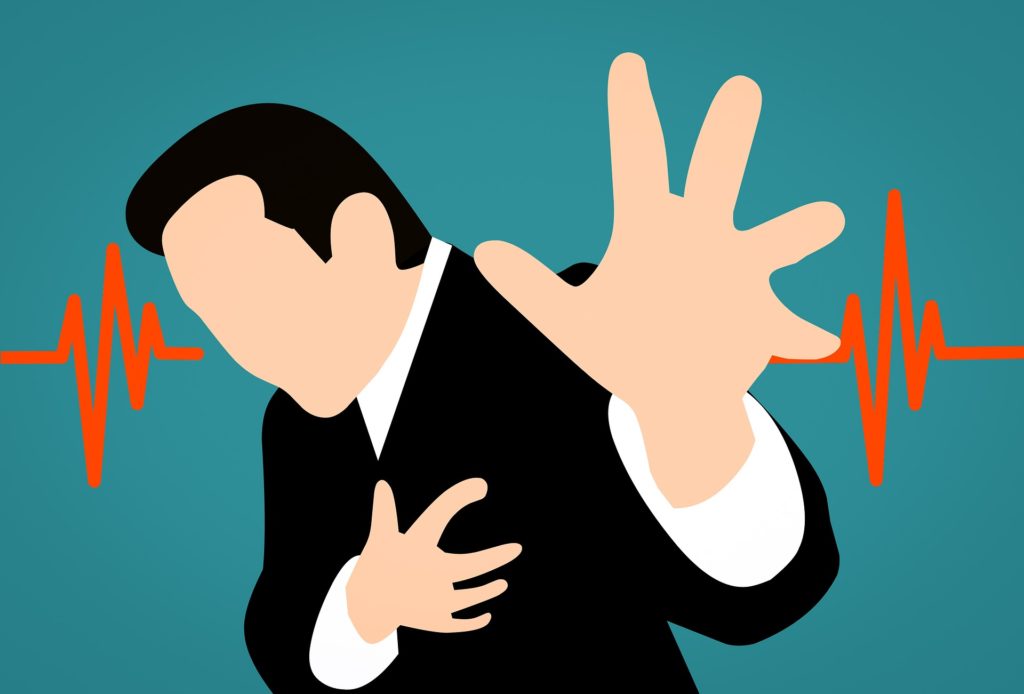The human body requires five organs that are vital to survival. These are the brain, kidneys, liver, lungs, and heart. These organs never stop to rest. Can you imagine never getting to sleep your entire lifetime? It’s quite breathtaking when you view it from that perspective. The human body is an amazing and intricate design.

The average lifetime of the heart produces 2.5 million beats! That is one hard-working organ and explains why it is so vital to engage in a healthy lifestyle. The Centers for Disease Control and Prevention sites heart disease is the leading cause of death in America, touching all people regardless of ethnic background and age. That is why every February, we celebrate American Heart Month to spotlight awareness and education on the leading causes of heart disease and how to be proactive in prevention.
Since the heart is so critical to our ability to stay alive, doctors must be able to pinpoint the cause of symptoms related to heart disease swiftly and accurately. It is the difference between life and death in these acute situations. Point-of-care ultrasound (POCUS) is a tool that is aiding the Emergency Department (ED) and the Intensive Care Unit (ICU) in providing rapid diagnosis of symptoms related to heart issues. According to a study conducted by The College of Emergency Medicine, “Point-of-care testing has been shown to achieve these goals, leading to improved operational efficiency and, ultimately, better patient outcomes.”

Generally, these medical departments see POCUS benefiting patients in the following scenarios: hypotension, cardiac arrest, acute coronary syndrome, and dyspnea.
Hypotension or shock occurs when the tissues are overloaded or deprived of oxygen due to circulatory failure in the bloodstream. POCUS is helping to increase the chances of survival when patients arrive complaining of these symptoms. “The use of POCUS led clinicians to significantly narrow their differential diagnosis and increase overall diagnostic precision,” according to an article published by the American College of Cardiology.
Cardiac arrest is another patient scenario in which POCUS has become a common practice for saving lives, especially when used with rhythm strip data. In patients that show signs of Pulseless Electrical Activity (PEA), POCUS helps physicians make pivotal decisions that lead to rapid diagnosis and resuscitation. In an article published by the Royal College of Physicians, “One-third of patients (33%) were found to have cardiac activity on ultrasound at the point of cardiac arrest. This was associated with an increased rate of return of spontaneous circulation (ROSC; 51% achieved ROSC in this group), and importantly a significantly increased survival to hospital discharge (3.8% vs. 0.6%).”

Furthermore, POCUS assists doctors in achieving answers to specific questions that lead to improved diagnostics of patients that are experiencing acute coronary syndrome and dyspnea. In these situations, many different variables could be the culprit of these issues. POCUS allows physicians to address the cause and provide solutions faster.
While the positive effects of POCUS are seen and acknowledged in cardiology, a clear message is duly noted. That message is to advocate for proper training and education of the medical providers capitalizing on this innovative tool. With full scope knowledge of the capabilities of POCUS, physicians can continue to deliver trusted, high-quality care confidently to their patients.
This American Heart Month, let’s celebrate a continual movement towards the kind of care that keeps hearts beating without interruption.
Happy American Heart Month!
References
1 https://www.livescience.com/37009-human-body.html
2 https://www.cdc.gov/heartdisease/facts.htm
3 https://www.acc.org/latest-in-cardiology/articles/2017/10/31/09/57/point-of-care-ultrasound
4 https://www.acc.org/latest-in-cardiology/articles/2017/10/31/09/57/point-of-care-ultrasound
5 https://www.ncbi.nlm.nih.gov/pmc/articles/PMC6334078/
Looking for additional inspiration? Sign up for our POCUS Post™ newsletter to receive monthly tips and ideas.




















